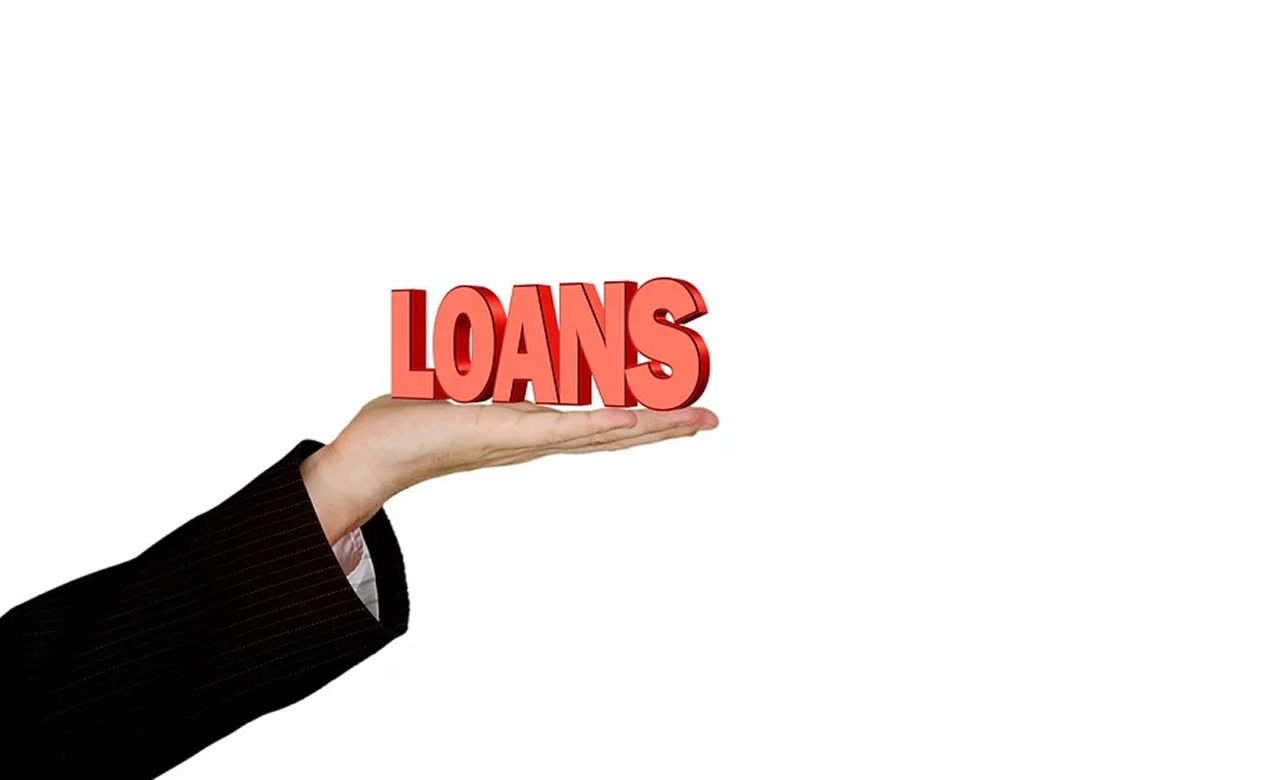Your current financial situation may not allow it, but you can find a new home or consider redecorating your current house buy acquiring a loan. There are many types of loans to choose from. Deciding on the one that perfectly suits both your monetary needs and property requirements will require you to research all those loan types so you could determine the one most befitting to your situation. To be able to find your way through the loan application process more easily, read on below to learn about the seven most common types of loans.
Conventional loans
A conventional loan is a type of mortgage loan used by either real estate agents or homeowners to earn more money. This is typically being offered by a mortgage lending institution but is not supported by a government agency like the U.S. Department of Veterans Affairs, a Cabinet-level organization catering to the needs of qualified military veterans; or the Federal Housing Administration, the biggest mortgage insurance provider globally. A conventional loan may or may not be conforming.
Conforming loans
A conforming loan abides by the rules laid out by the Federal National Mortgage Association, colloquially referred to by its nickname Fannie Mae, as well as the Federal Home Loan Mortgage Corporation, which more popularly goes by the moniker Freddie Mac. These rules mainly revolve around the maximum loan amount, which could differ based on the location of the home. A house located in a secure well-to-do neighborhood has a higher chance of loan approval compared to one in a less safe area.
Other conditions for sure loan eligibility include the loan applicant’s debt-to-income ratio, loan-to-value ratio, and credit history.

Non-conforming loans
A non-conforming loan is merely the complete opposite of a conforming loan, its predecessor on this list; this type of loan does not at all abide by the criteria and precedents laid out by the Fannie Mae and Freddie Mac mortgage organizations.
If you need to borrow more money and a conforming loan just is not doing it for you, you will need to look into applying for a non-conforming loan like a jumbo loan, which is a riskier type of home financing scheme that allows lenders to borrow amounts beyond the loan limits indicated by the aforementioned mortgage corporations.
Secured loans
A secured or collateral loan can help you take advantage of your own property so that you would be able to claim your loan. If you fail to make your payment, the property in question will then go to the person who applied for the loan.
The interest rate and total sum of the loan will depend on the monetary worth of the property you wish to use as a clout. Higher property value could grant you a more desirable interest rate, but other conditions like the desired duration for your loan and your credit history would also weigh in.

Unsecured loans
An unsecured loan is not supported by any form of monetary deposit, so the interest rate and amount that you can borrow will be dictated by your credit history and your salary. This type of loan is also referred to as a personal loan or a signature loan since it only requires your signature as a physical form of assurance that you will be able to settle your debts.
If you have a permanent and steady source of income, a stellar credit report, and a guaranteed installment plan, then this type of loan may just be the one for you.
Open-ended loans
An open-ended loan is a loan that has a defined ceiling of credit that you can lend from once more, after recompensating your last obligation. One example of this loan type is a credit card.
Another example of an open-ended loan is a home equity line of credit, or HELOC in short. In a HELOC, the lender will let you borrow a specific amount of credit, depending on a percentage of your property’s estimated worth while deducting the unpaid debt on your mortgage. The result then serves as your credit limit.
This loan’s highly recommended for homeowners who are remodelling.
Closed-ended loans
A closed-ended loan is merely the opposite of an open-ended loan; just like student loans, mortgages, or car loans, you can no longer be lent any more credit after repayment of your last debt. Your credit will shrink after each settlement, so if you are still in need of borrowing more credit after your last payment, you are going to have to get a new loan for it instead. Don’t worry; after all, this is more common than you think. Other loan applicants typically reapply for a new loan when they need a particular amount of money and little else.

